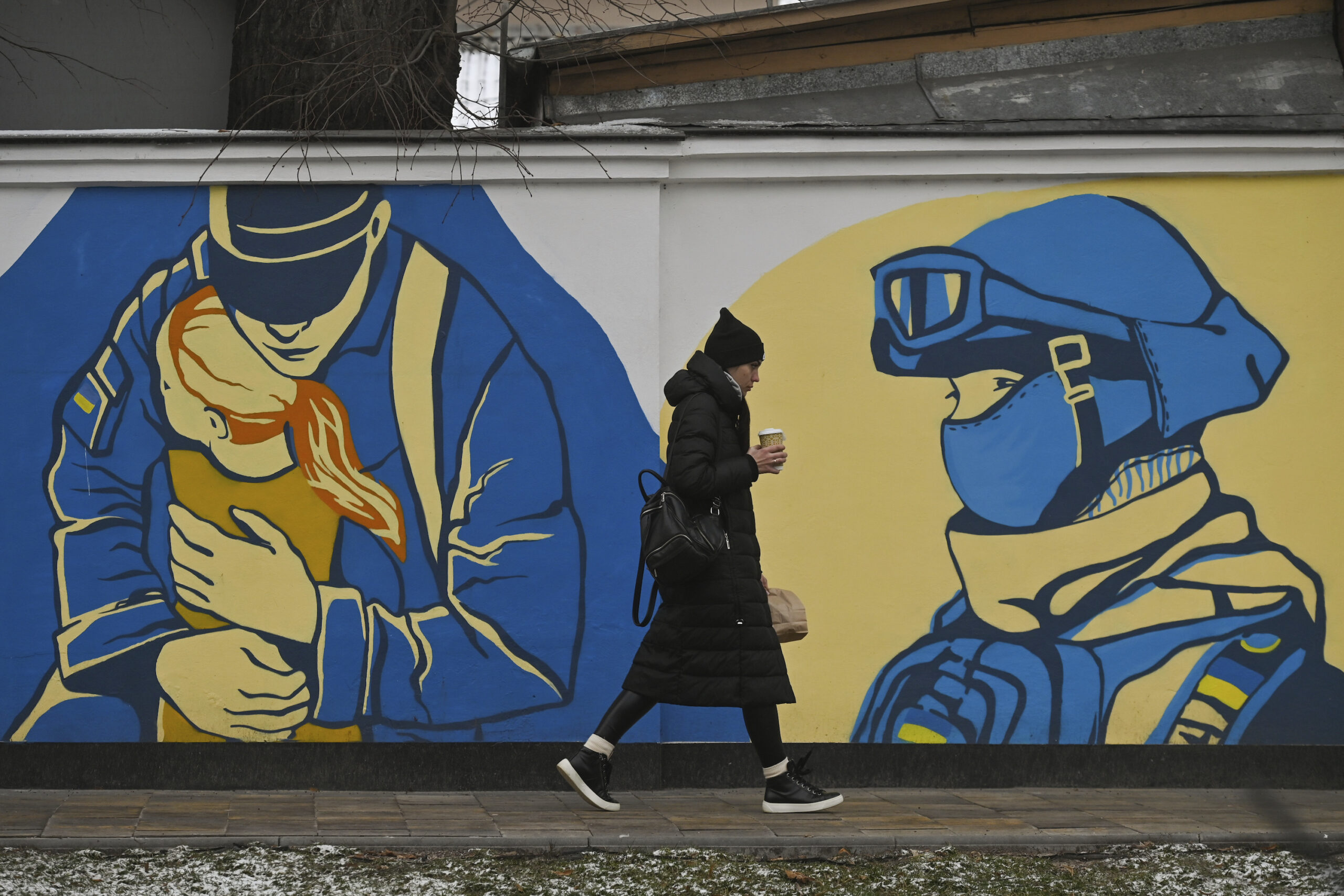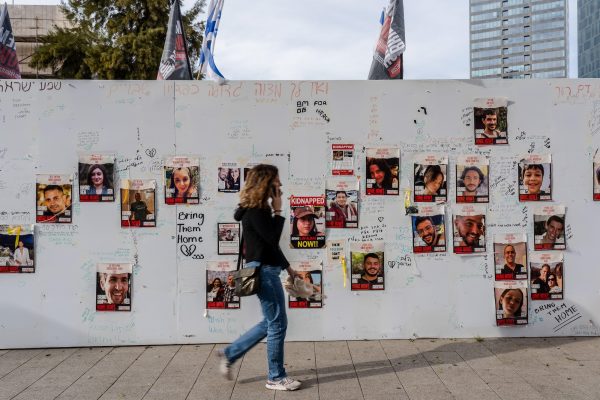In Thucydides’s famous Melian Dialogue, which these days reads like an allegory on the war in Ukraine, the advancing Athenians warn the besieged Melians: “Hope is by nature an expensive commodity. It makes better sense to be prepared.” After more than one year of war, Ukraine has learned this lesson the hard way. Many of its supporters, however, still hope for a Russia that might be willing to compromise and to negotiate a quick end to the war.
The most hopeful line of thinking for a negotiated end to the war in 2023 usually resembles the following scenario: after a successful Ukrainian counteroffensive this summer, Russia will lose further territories in the east and south of Ukraine (but not too much to make Putin escalate). Faced with these losses, Putin will come to his senses and realize that he has to start negotiations in earnest. Incentivised by offers for sanctions relief and arms control, he might be willing to compromise and revoke legislation which had annexed four Ukrainian regions (only partly under control) to Russia, which he previously declared “Russian forever.” He will be satisfied to keep only a small part of Ukraine’s territory in the East, and accept that most of Ukraine becomes irrevocably part of the West. This will serve as the starting point for broader negotiations on a new European security architecture, and Russia will once again cooperate with the West on global problems, such as climate change.
If this scenario sounds almost too good to be true, that’s likely because it is. The sobering reality is that Putin has not changed throughout this war. He has not become more accessible to reason. To the contrary: if the short history of this war tells us anything, it is that Putin has doubled down after defeats. He believes that he can still win this war, and that time—and China, which is considering lethal weapon deliveries to Russia—are on his side. He is willing to throw many more lives into the meat grinder of Russia’s defenses; not to win, now an illusionary goal, but to keep the war going. He is convinced that he can outlast the West. At minimum, he will want to wait and see what happens in the 2024 U.S. presidential elections. If he does enter negotiations, it will likely only be to gain time, and to use the break to prepare for a renewed attack. He sees himself on a time-critical mission to prevent Ukraine’s escape to the West from Russia’s suffocating embrace, and he will not stop a war that he regards as his lifetime version of the Soviet Union’s Great Patriotic War.
Getting Putin’s underlying motives right is crucial for any negotiation proposals. Too often the blame for a lack of diplomatic progress is placed on all sides equally, including on the Biden administration for its alleged hawkishness, and on Ukraine for its alleged “maximalist” goals. Of course, it will not be easy to convince Ukraine to enter negotiations, especially if Kyiv is emboldened by battlefield victories. But in reality, Ukraine is fully dependent on Western support, and the United States has maximum leverage over Ukraine. Washington will not pressure Kyiv to enter negotiations, but it has many incentives it can put on the table. The much bigger problem is that the United States and Ukraine have no partner to work with on the other side of the table, and no leverage over Russia to start negotiations in earnest. The West has historically too often placed its hopes on Russia’s willingness to compromise. Each time—in Syria, Georgia, and Ukraine—Russia exploited the situation for its own gains. In Syria temporary ceasefires negotiated with Russia have been exploited to increase Russia’s hold over territory. In Georgia Russia has not withdrawn to pre-war lines, as agreed to in a ceasefire agreement in 2008, and has refused to allow European observers to monitor the Russian-occupied side of the ceasefire line. The same happened to the monitoring mission in Ukraine after 2014. These examples from the past are worrisome precedents for future behavior.
Instead of hoping for a chastened Russia, the United States needs to prepare for the possibility that Putin wants to prolong the war in Ukraine, and that he could only pretend to comply with a negotiated outcome while preparing for a renewed attack.
In this case, the West’s mission should be to signal that it is ready to outlast Russia and committed to Ukraine’s defense in the long term. If Russia continues fighting instead of compromising, a new fortified line would have to be drawn along the territories Ukraine was able to liberate this year. The Ukrainian army will need permanent and continuous weapon deliveries to hold this line. On the other side of the line, Ukraine will be reconstructed, and on a firm path to European Union membership. Air-defense systems will not be able to protect all of Ukraine’s territories from Russian missile attacks, but they may allow a return to normal life for the majority of Ukraine. In contrast to the situation after Russia’s initial attack on Ukraine in 2014—back then, a volatile fortified line ran through Eastern Ukraine—the crucial difference is that Ukraine’s military is much stronger this time and supported by the West. This strength can deter a future Russian attack and, over time, erode Putin’s hope to finish the job in Ukraine. It will require resolve and discipline from the West, and a significant increase in the production capacities of Western industries. However, sustaining Ukraine over the long term is less costly than letting one’s guard down and believing Russian ceasefire promises, only to be surprised by a renewed attack, which would render all efforts of the last year futile and set Ukraine back to square one.
A new fortified line would not be a satisfying outcome, nor an actual end to the war, as Rajan Menon describes it. Yet it is realistic to expect that Russia will not let go of Ukraine, and that Ukraine has to brace itself for this scenario. Putin wants to win not only against Ukraine, but against the United States and the West. It is a much broader crusade than just a war for territory. It is about Putin’s life legacy and his place in the history books. And what kind of place in the history books has a leader who fought a monstrous war and came out with a compromise?
Hope is an expensive but necessary commodity. One day a different Russia will emerge, and Russia’s isolation will end. However, this is a task for generations, and not a task for the next couple of years. Until a new Russian leader emerges, the stain of fratricide will remain on Russia’s hands. And to borrow from Shakespeare, all great Neptune’s ocean will not wash it clean.








